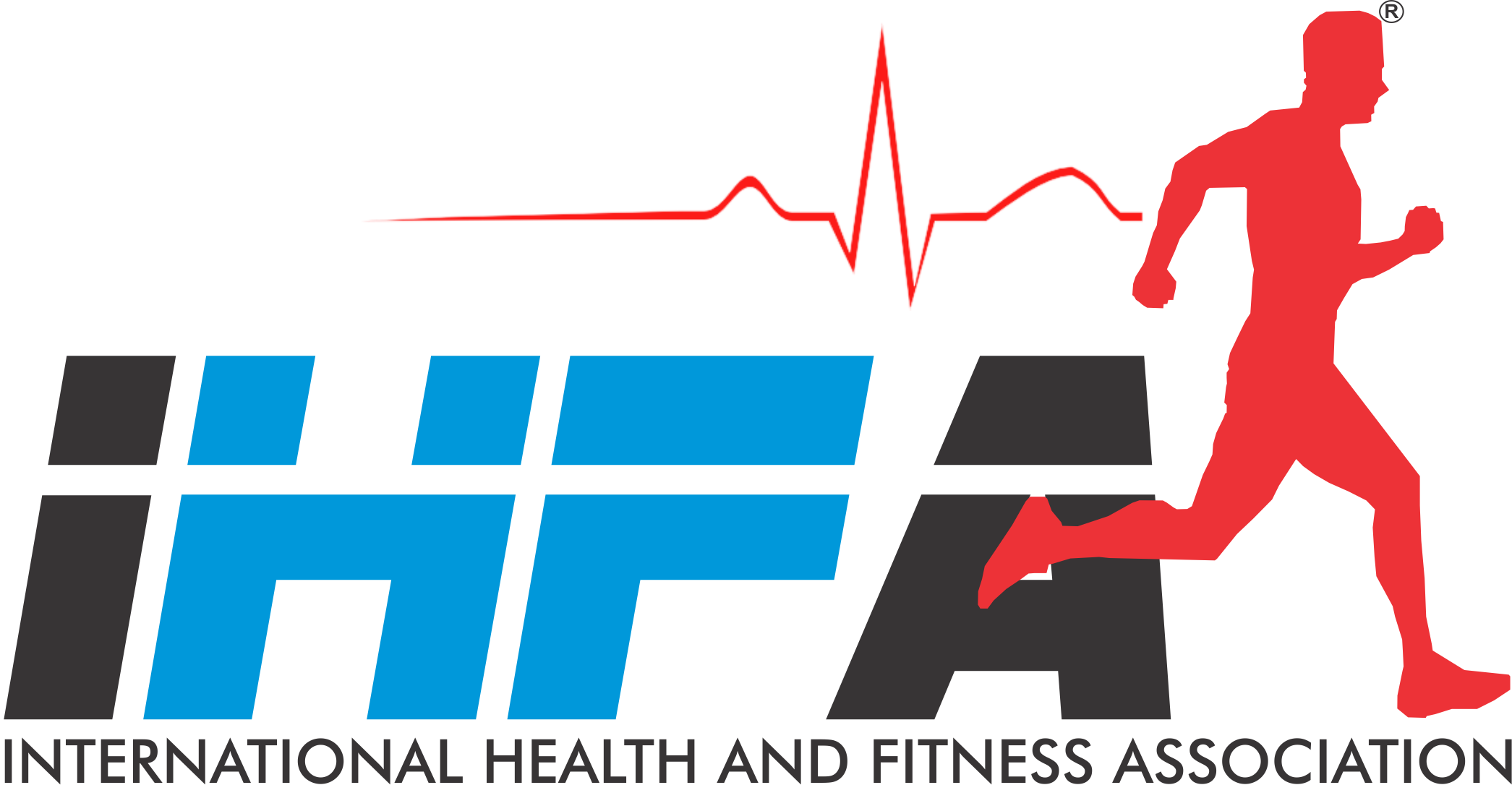
Pelvic Floor Rehab Workshop at New Delhi
We are pleased to invite you to our Hands-on Pelvic Floor Rehabilitation Workshop (CPFRS-UK), scheduled for 30th–31st August 2025 at Hotel Metro View, Karol Bagh, New Delhi. This intensive two-day program will be led by Dr. Shagufta Parveen (PT), a distinguished physiotherapy expert in Women’s Health, Gynecology & Obstetrics with over 20 years of clinical and academic experience across India and internationally.
Pelvic floor therapy is a way of targeting the pelvic floor muscle, connective tissues, and ligaments through certain exercises and approaches. They are often performed to help in the support and strengthening of these muscles to address problems such as poor bowel and bladder control or organ prolapse.
Certified Pelvic Floor Rehab Specialist (CPFRS) objectives aim to prepare physical therapists to effectively assess, diagnose, and treat patients with pelvic floor dysfunction, improving their quality of life and promoting overall pelvic health
Day 1: Overviews, Assessment
- Introduction & Philosophy: “Woman's Pelvis Size & Shape can Be Transformed 'On Demand”
- Anatomy and Biomechanics of the Pelvis
- Anatomy of Pelvic Floor Muscles / Physiology of Pelvic Organs
- Identify the Muscle Layers and Specific Muscles of the Pelvic Floor
- Chronic Pelvic Pain Mechanism
- Pelvic Floor Muscle Functions & The Role in Respiration
- Practical Mapping of External and Internal Pelvic Floor Complex
- Vaginal Palpation & Biofeedback (Theory & Application)
- Practical Anatomy, Examination, Palpation, and Manual Therapy Release Techniques
- Connective Tissue Dysfunction & Pudendal Neuralgia in Chronic Pelvic Pain
11. Outcome Measure Tools for:
· Urinary Incontinence
· Pelvic Organ Prolapse
· Pelvic Pain
· Pelvic Floor/Internal (TV-TR) & External Assessments
· Tools: TV-RV Probes, Wand, Dilators, V Cones, EPI-NO
12. Soft Tissue Manipulation Approaches for Chronic Pelvic Pain (Internal & External)
13. Evidence-Based Dry Needling for Pelvic Floor Muscles
· Dry Needling for PFM Dysfunction
· Pelvic Floor Neural Needling
· Trigger Point Therapy
14. Current Evidence-Based Practice in Electrotherapy for PFM:
· Biofeedback Pelvic Training, Vaginal Probe
· EMG, HIMEF, EMS, TUS, TENS, IFT
15. Developing Evidence-Based Treatment Plans & Clinical Goals for Female Pelvic Floor Dysfunctions
16. Nutrition in Chronic Pelvic Pain
QA session
You will able to know
Understanding Pelvic Anatomy and Physiology: Identify and describe the anatomy and function of the pelvic floor muscles, including their role in continence and support.
Assessment Techniques: Learn and practice various assessment techniques for evaluating pelvic floor function, including digital rectal examination, internal and external palpation, and biofeedback.
Patient Evaluation: Develop skills in taking a comprehensive patient history related to pelvic health. Perform a thorough physical examination to assess pelvic floor function and dysfunction.
Diagnosis and Differential Diagnosis:
- Understand how to diagnose common pelvic floor conditions such as pelvic organ prolapse, urinary incontinence, and pelvic pain.
- Distinguish between different types of pelvic floor dysfunction and related musculoskeletal issues.
Treatment Modalities: Learn about a range of treatment modalities for pelvic floor rehabilitation, including pelvic floor exercises, manual therapy, biofeedback, electrical stimulation, and behavioral strategies.
Exercise Prescription: Develop the ability to design and prescribe individualized pelvic floor exercise programs for patients based on their specific needs and conditions.
Patient Education: Educate patients about pelvic floor health, hygiene, and lifestyle modifications. Provide guidance on proper toileting habits and nutrition.
Cultural Competence and Communication:
- Recognize the importance of cultural competence in providing care to diverse patient populations with pelvic floor issues.
- Enhance communication skills to discuss sensitive topics with patients in a compassionate and non-judgmental manner.
Evidence-Based Practice: Stay updated on current research and evidence-based practices in the field of pelvic floor rehabilitation.
Ethical Considerations: Understand and adhere to ethical standards when treating patients with pelvic floor issues, including patient confidentiality and informed consent.
Interdisciplinary Collaboration: Recognize the value of working in a multidisciplinary team when managing complex cases involving the pelvic floor.
Professional Development: Commit to ongoing professional development and continuing education in the field of pelvic floor rehabilitation.
Credit Points: 1.6 IHFA-UK Credits | Credit Hours 16
Workshop Fee: ₹8,600
(Includes High Tea, Lunch, IHFA Certification, Hard Copy Manual)
Seat Booking: Pay ₹2,600 to reserve your spot.
Previous workshops :
https://www.youtube.com/watch?v=EXNpQov9F3I
https://www.youtube.com/watch?v=vJDtqaFLkdI
https://www.youtube.com/watch?v=0Aayx6hDGlg
Payment Link: https://razorpay.me/@ihfapay
Online Entry Form: (To be filled after payment) Click Here
Certification: International Health and Fitness Association (IHFA UK)
Venue: Hotel Metro View, Karol Bagh, New Delhi
Contact & Support: info@ihfa.uk , 9917882233
Seats are limited — secure your spot today and upgrade your clinical skills with evidence-based pelvic rehab techniques.
We look forward to welcoming you to this specialized training!




